Blood Pressure Tips
1. Empty Your Bladder
When your bladder is empty, your blood pressure will be lower. As it starts to fill up, your numbers will rise because the layers of muscle tissue in your bladder stretches to hold urine. Studies have shown an increase of 10 to 15 points when the bladder is full.
2. Warm Up the Room
When you are cold, your blood pressure tends to rise because your blood vessels constrict. So, if you’re in a room or doctor’s office that feels chilly, expect your readings to be higher than usual. Ideally, blood pressures should be taken in a warm environment.
NOTE: Doctors offices and hospitals are generally chilly because warm, damp environments are the perfect breeding ground for viruses and fungi.
3. Don’t Drink Caffeine or Alcohol
Caffeine is a stimulant (i.e., coffee, tea, sodas, etc.) that will cause your blood pressure to spike, so avoid caffeinated drinks for at least 30 minutes before getting a reading. Older adults may have to wait for at least 60+ minutes. Why Caffeine Has Long-Lasting Effects
One alcoholic drink may dilate the vessel resulting in a slightly lower blood pressure, but studies show this health benefit is counteracted with a second drink.
Drinking more than three drinks in one sitting will raise your blood pressure temporarily, but repeated binge drinking can cause your blood pressure to be consistently high over time.
4. Do Drink Water
Dehydration decreases blood volume and can cause a sudden drop in blood pressure resulting in less oxygen reaching your tissues. Even mild dehydration can cause weakness, dizziness and fatigue.
5. Don’t Smoke
Nicotine is a stimulant and will temporarily increase your blood pressure, so avoid smoking for at least 30 minutes before getting a reading.
6. Don’t Talk
Talking to the clinician or people around you while taking your blood pressure will increase your readings.
![]()
Karen’s Fit Tip:
Along with all these conditions, don’t forget to dress correctly for a blood pressure reading. A tight rolled-up sleeve can create a tourniquet effect above the blood pressure cuff and raise your blood pressure.
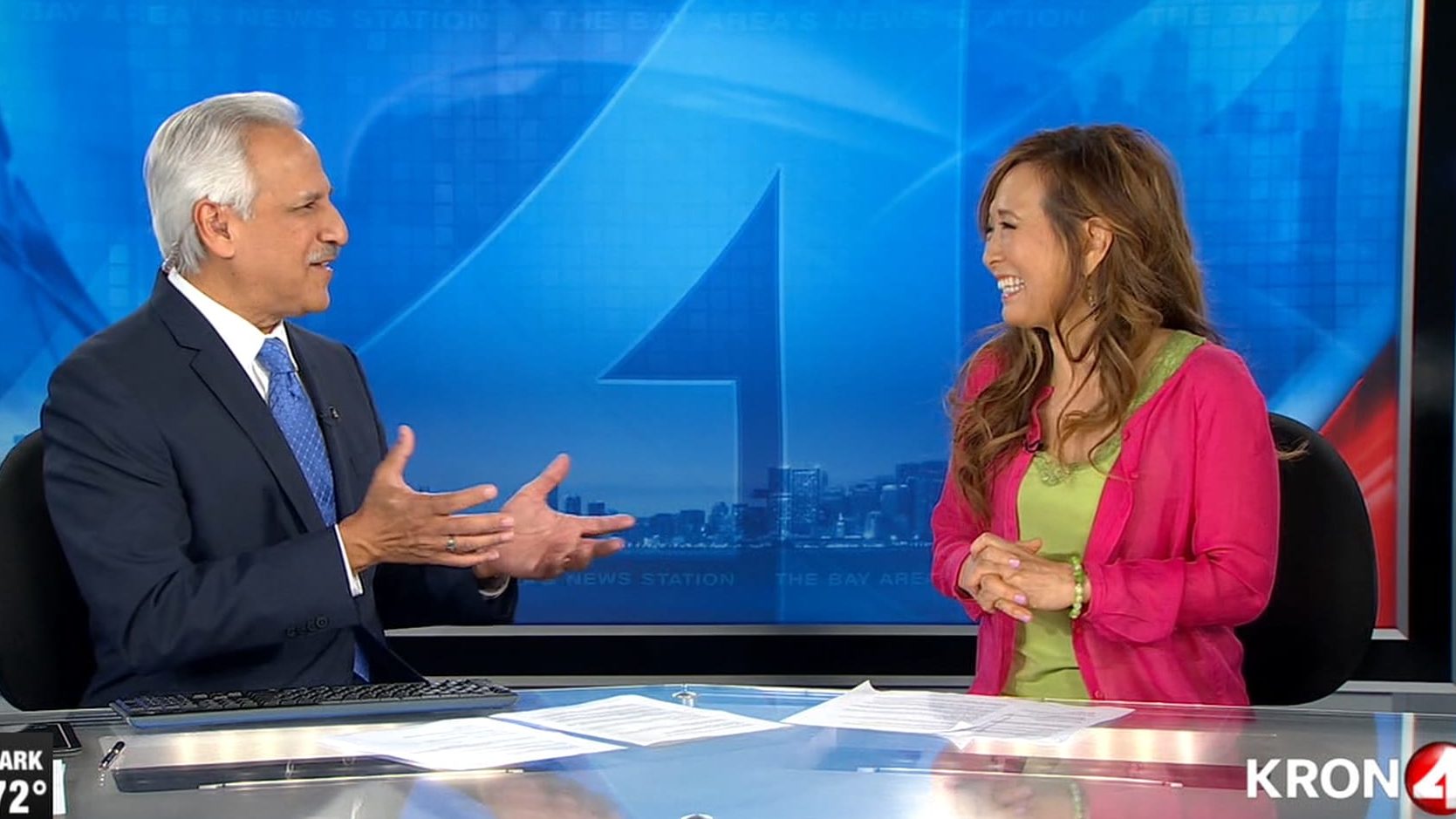

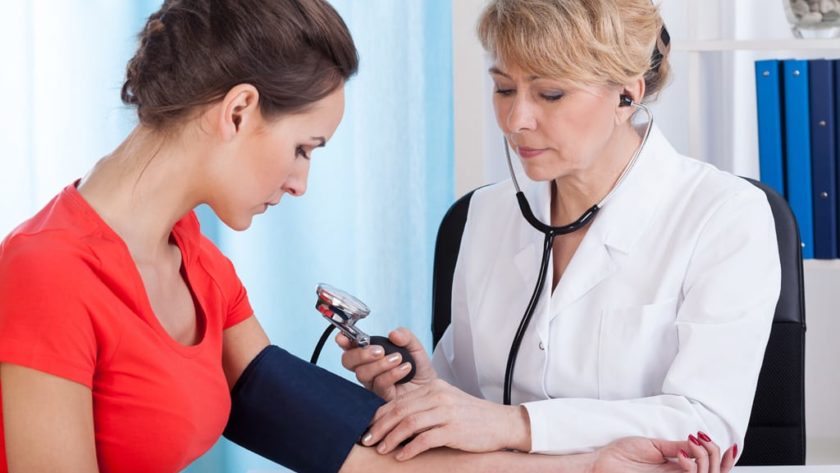

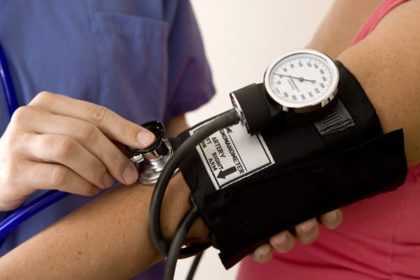
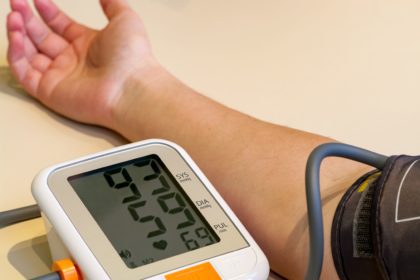
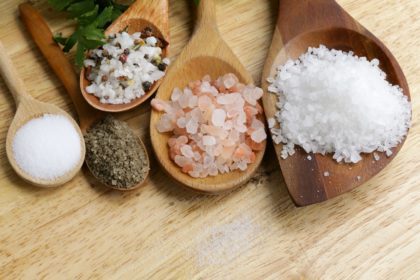
[…] here….. 6 more common factors that affect your blood pressure […]